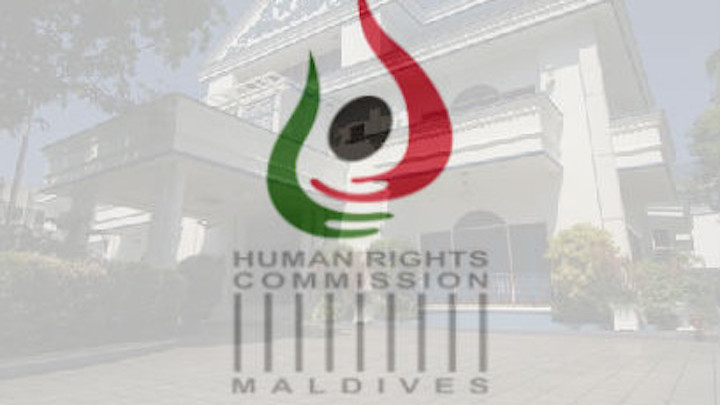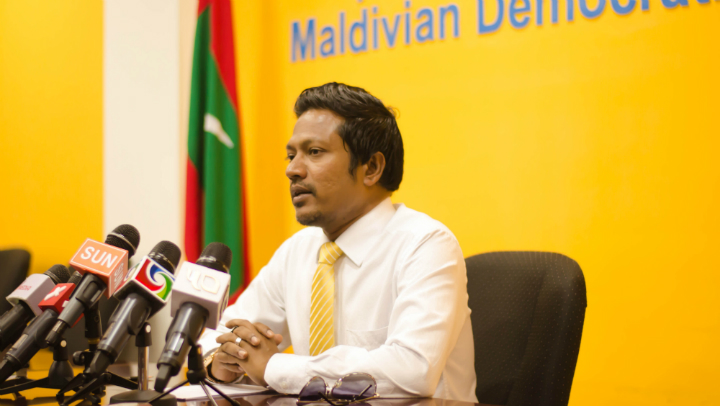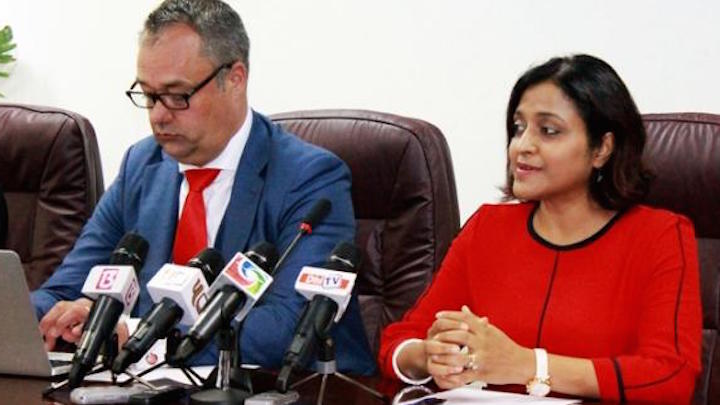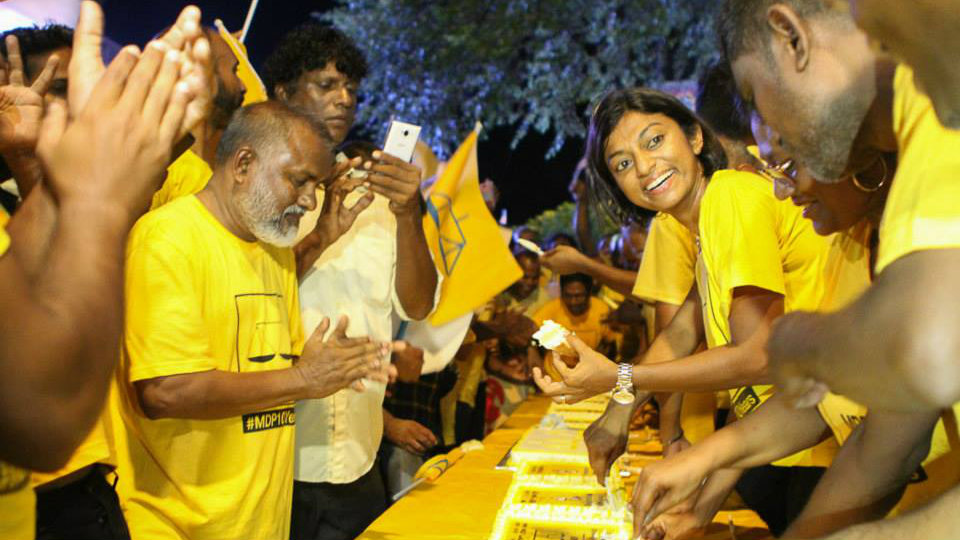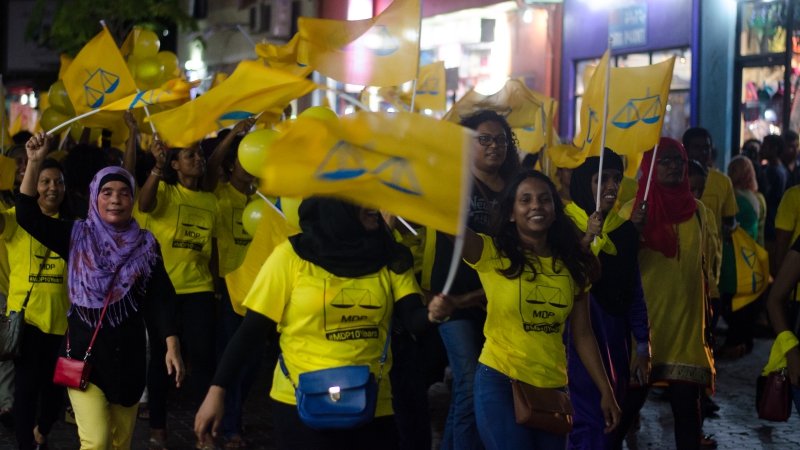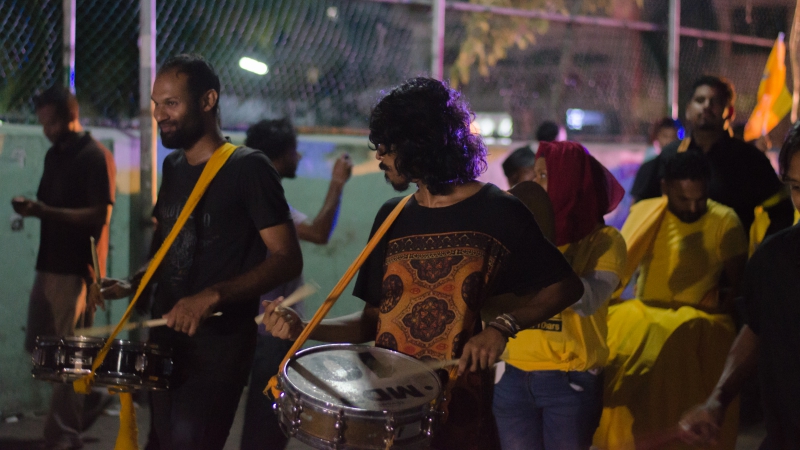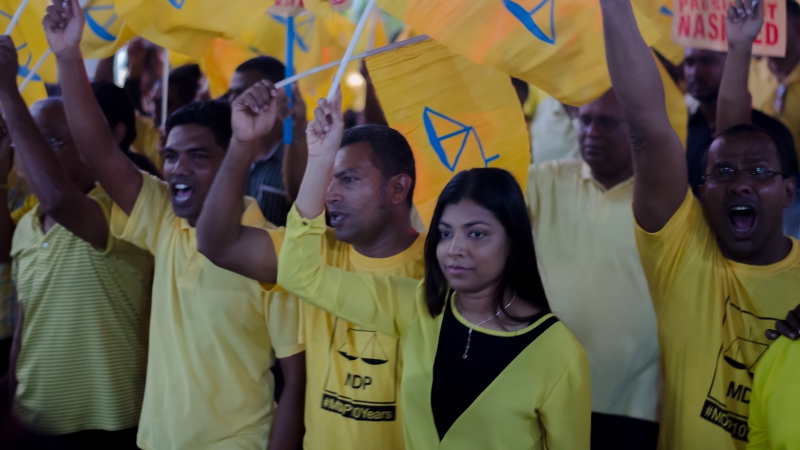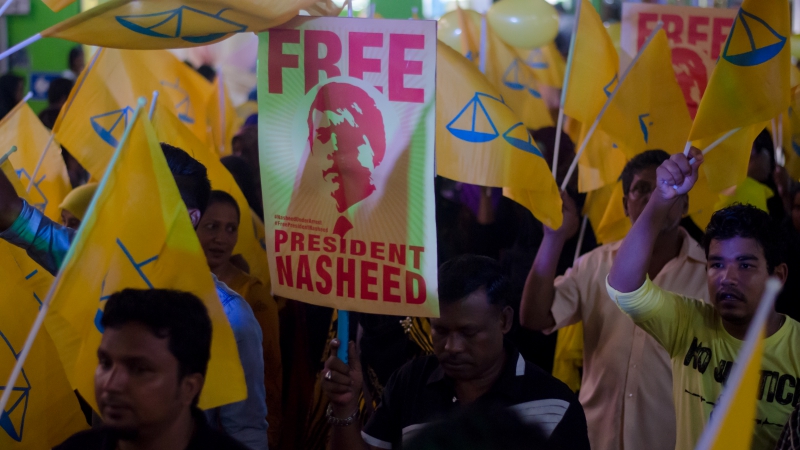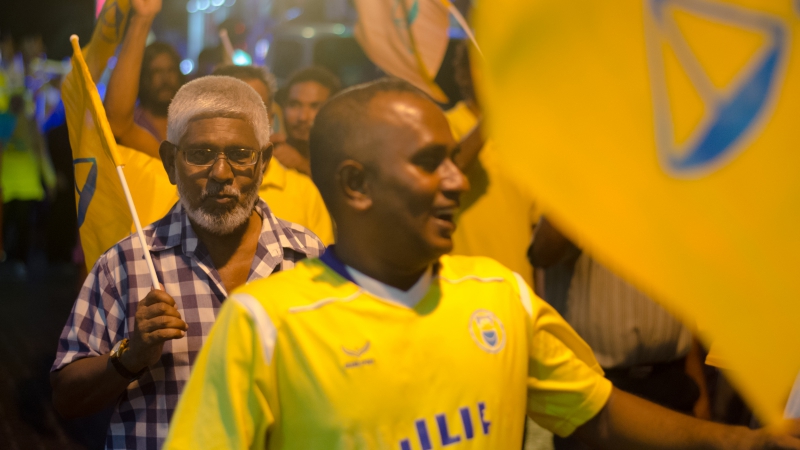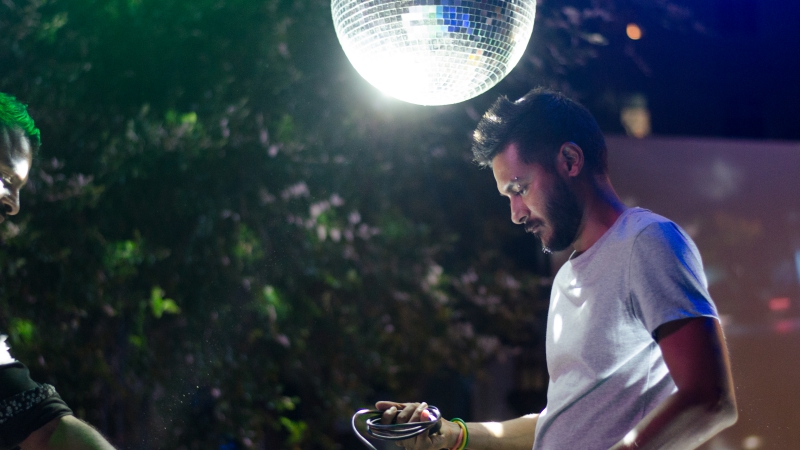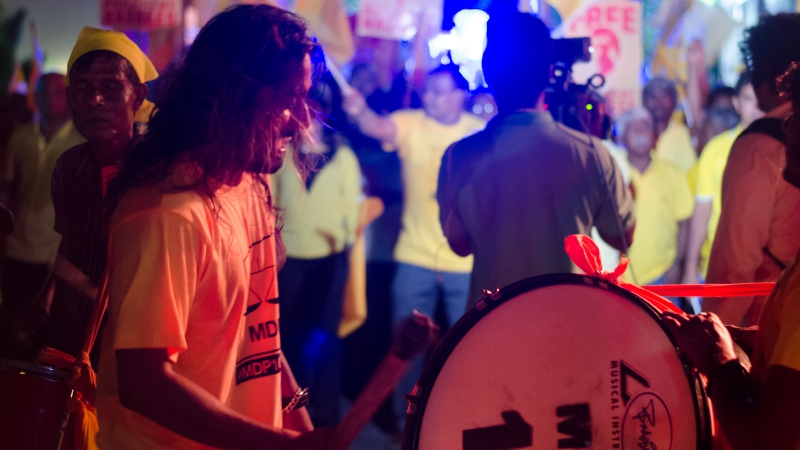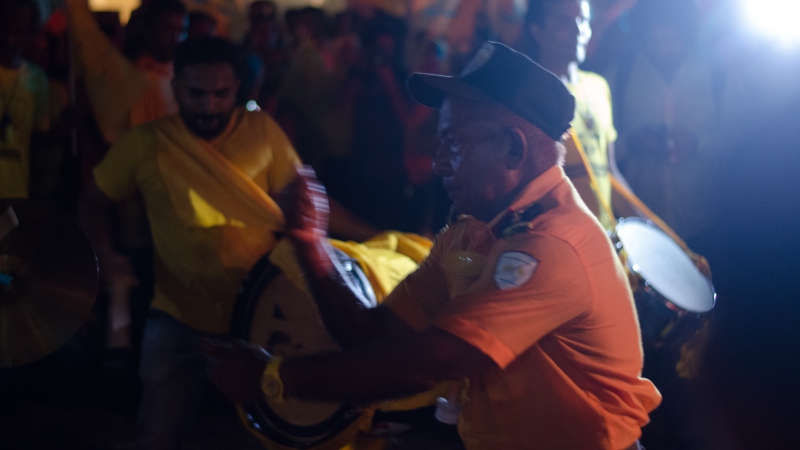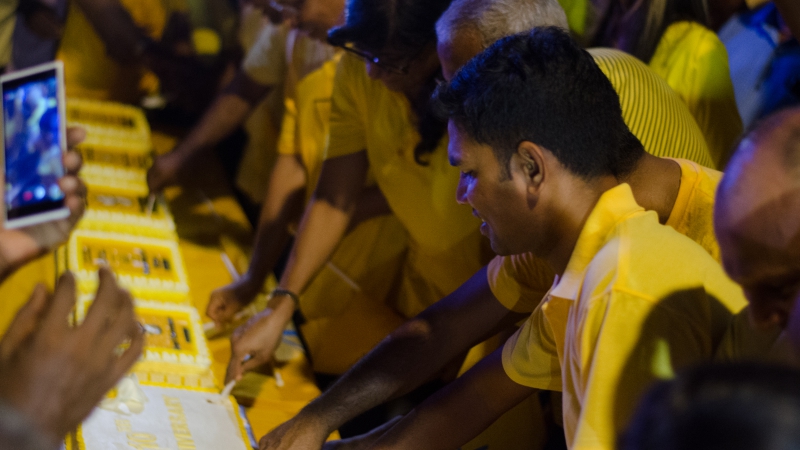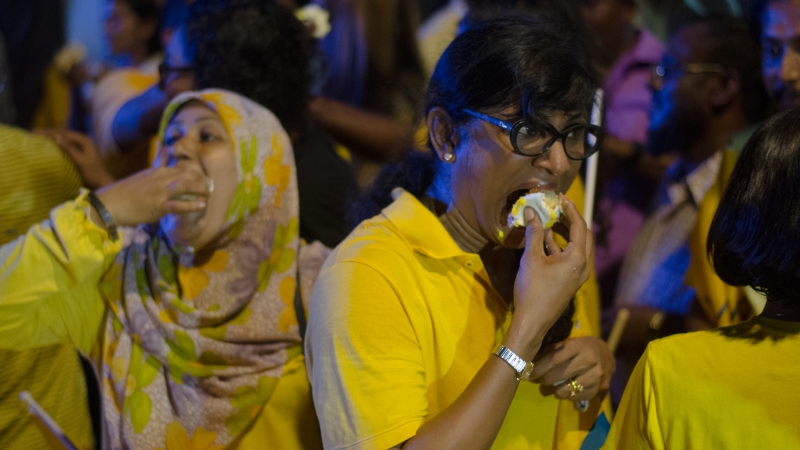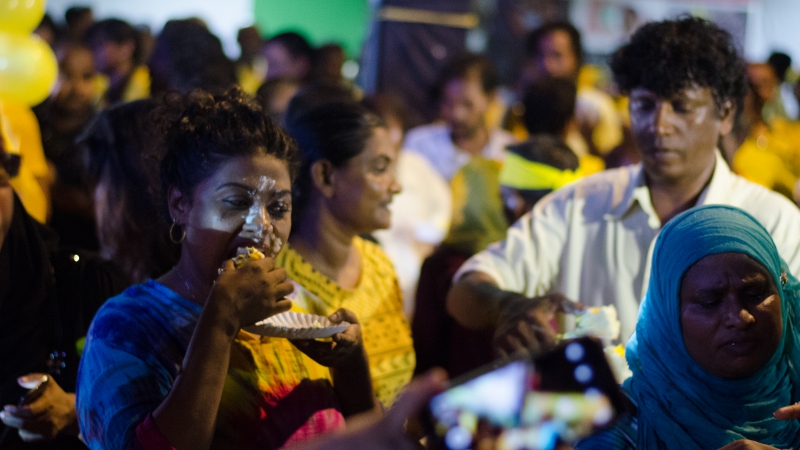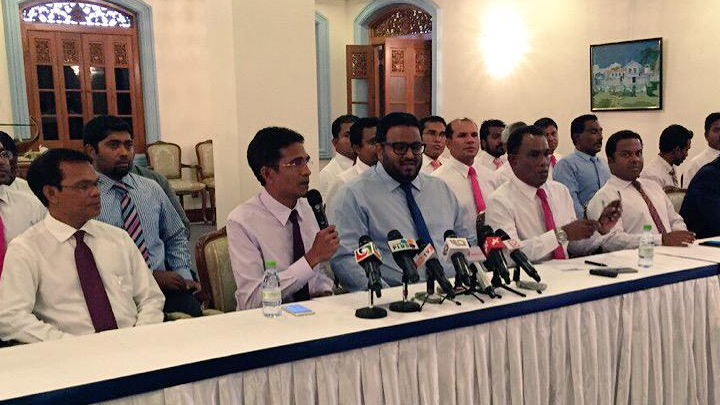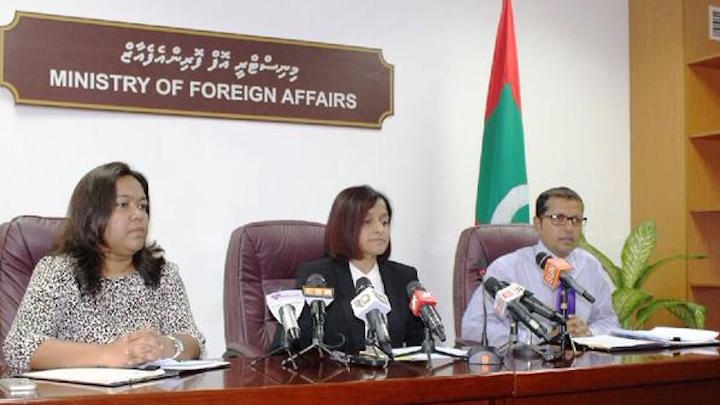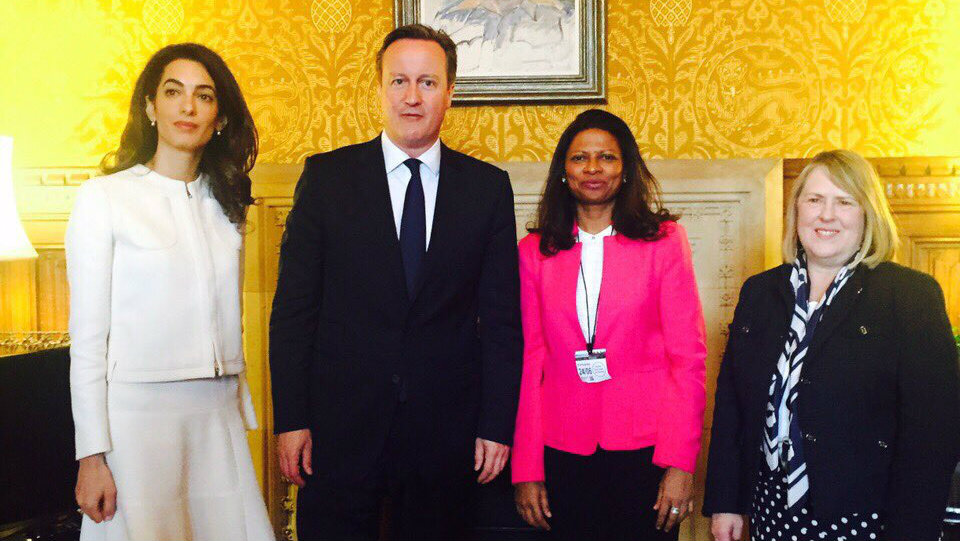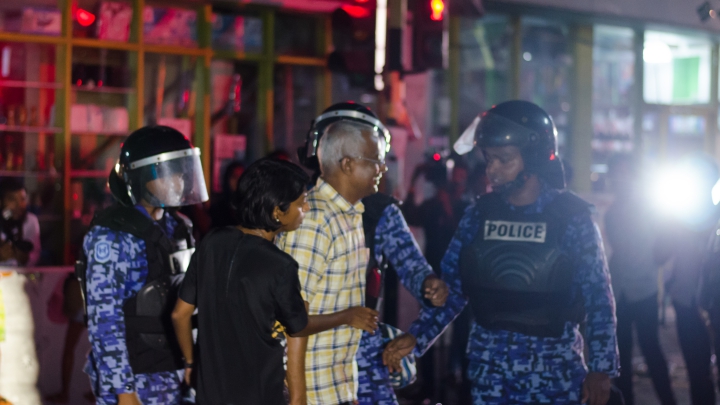It is surprising that some have attempted to justify Wednesday’s constitutional amendment to change age requirement for the offices of president and vice president on its substance.
The efforts to amend the constitution by putting an age limit for the president and vice president and by giving the powers to the president to appoint and dismiss vice president, curtail electoral rights. This includes the right to elect the vice president and the right to contest political office. These efforts are also dictated by the whims and wishes of the government of the day, not by any widely felt need for democratic reforms to the constitution.
However, it is more baffling the amendment has been defended on the basis of “pragmatism”. This is because this amendment is directly related to the failure of opposition’s “pragmatism”. One is forced to wonder whose “pragmatism” does the vote serve?
Whose pragmatism?
Nebulous words like “pragmatism” hardly clarify what the constitutional amendment is about.
The amendment is not simply about the removal of the current vice president. It is about President Abdulla Yameen’s desire to fully control and perpetuate political power. The amendment is yet another attempt, on President Yameen’s part, to eliminate serious, potential presidential candidates.
There was a reason why former president Maumoon Abdul Gayoom rejected it, and pointed to the unacceptability of setting age limit to 65 years. This not only disqualifies Jumhooree Party leader Gasim Ibrahim, it also disqualifies Gayoom himself, and Yameen’s long-time political rival, Ilyas Ibrahim, as presidential candidates.
One is therefore forced to ask whose “pragmatism” this vote serves?
Yameen could have attempted an old style illegitimate dictatorship. But this vote, with its appearance of democratic agency and a position of bargaining power on opposition’s part, seems to be typical to his type of new despotic regime, ruled through a veneer of legitimacy, fully utilising democratic discourses, formal institutions and other antics of democracy.
One could therefore call the success passage of the amendment Yameen’s “pragmatism”, not Maldivian Democratic Party’s or JP’s.
Political pragmatism indeed assumes the belief that one has agency and one is in a position of power to somewhat direct things. However, the opposition acted not from the belief they were in a position of power or real agency.
The vote to pass the amendment was an outcome of complete disillusionment, if not distrust, in what ordinary people are capable of achieving. It was also an outcome of the belief the international community has failed to act against the rise of Yameen’s new despotism.
In other words, it was an outcome of the belief there was no power and democratic agency in politics through ordinary people or the so-called international promoters of democracy.
The vote is therefore not opposition’s pragmatism. It is their defeatism.
Why defeatism?
It is easy to put blame on ordinary people when their mobilisation could not be sustained or the mobilisation could not achieve one’s unclear goals.
Yet sustaining political mobilisation for major changes requires certain common ideals. At the very least, it requires common sensibilities and affects.
From the beginning, MDP defined their political mobilisation against Yameen’s government based on “pragmatism”. For example, the alliance with JP, who had stolen the first round of presidential elections in 2013, was defended on “pragmatism” based on common “interests”.
But a group capable of sustaining political mobilisation effective to bring major positive changes cannot rely on “pragmatism” based on narrow “interests” alone. A set of shared ideals for a shared political future is necessary to sustain mobilisation. The opposition not only lacked these shared ideals. It is also not altogether clear they held any political ideals individually, beyond rhetoric such as “In Defence of the Constitution” or “Aniyaverikan Ninman”.
The nebulous term “aniyaverikan” to capture all the disparate interests or unclear goals of the opposition also lent itself to conceptualisation by religious leaders such as former Adalat president Sheikh Hussain Rasheed Ahmed in terms of the tripartite sins in Islam: sins against God, sins against one’s self, and sins against third parties.
Short of common ideals for a shared future, such a political grouping must be, at the very least, based on common sensibilities and emotions. True, anger and betrayal might have animated many, including JP leader, businessman Gasim Ibrahim. However, one wonders if this anger and sense of betrayal have any affinity with the sensibilities shared by others.
The lack of a shared future based on shared ideals and sensibilities was deeply felt from the first rally against Yameen’s government on 27 February. Some also saw even the May Day rally, the biggest so far, as a failure because of this lack of shared goals based on common ideals and sensibilities. By June 12, any doubt as to the political parties’ ability to sustain a common political mobilisation was gone.
If this is so, one is left to wonder, isn’t Wednesday’s vote really a failure of “pragmatism” by the opposition?
Despotism facilitated
There is no proven formula for how to achieve and sustain democracy. Therefore, the matters of how to achieve and sustain democracy fall within “pragmatism” if pragmatism is about what works in practice.
As the great pragmatist William James held, holding on to certain beliefs even if they could not be proven to be true provided those beliefs could bring about positive consequences, is partly what pragmatism is about.
However, some beliefs as to how to achieve democracy have clearly no positive consequences. The belief in the “short walk” to democracy and the belief that the wisdom and dictates of single individuals to be sufficient to walk this walk, seem to me such beliefs.
It is the public rationalisation based on these beliefs that led to Wednesday’s vote. It is not democratic pragmatism.
In doing this, opposition is facilitating Yameen’s new despotism to flourish. If this so, to my mind, it is foolish (and thus “unpragmatic”) to think the most popular politician in the country will be allowed to contest in 2018 under fair terms. That is, if he is allowed at all.
Azim Zahir worked at the President’s Office and Transparency Maldives. He has a Masters in Political Science from the University of Sydney.
All comment pieces are the sole view of the author and do not reflect the editorial policy of Minivan News. If you would like to write an opinion piece, please send proposals to [email protected]
Likes (3)Dislikes
(3)Dislikes (2)
(2) 